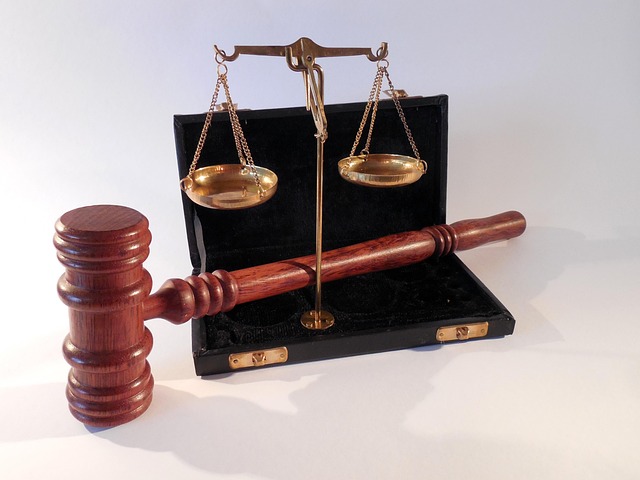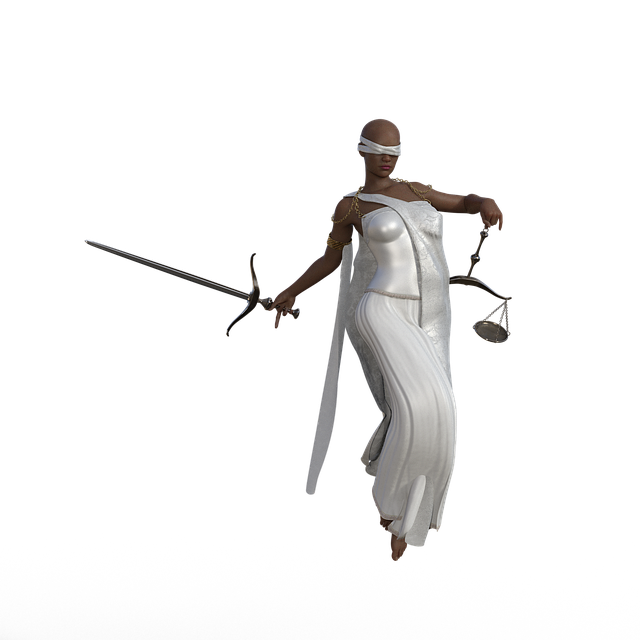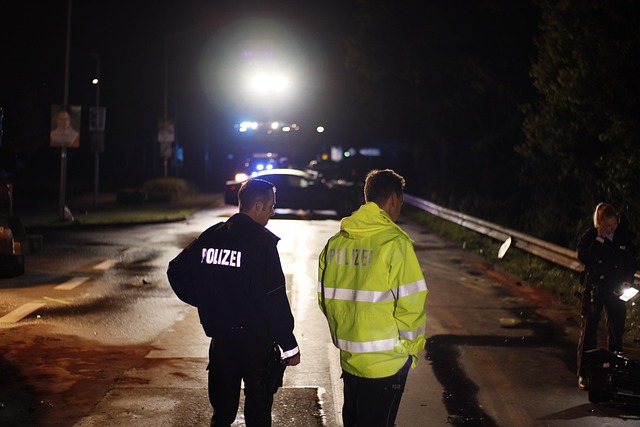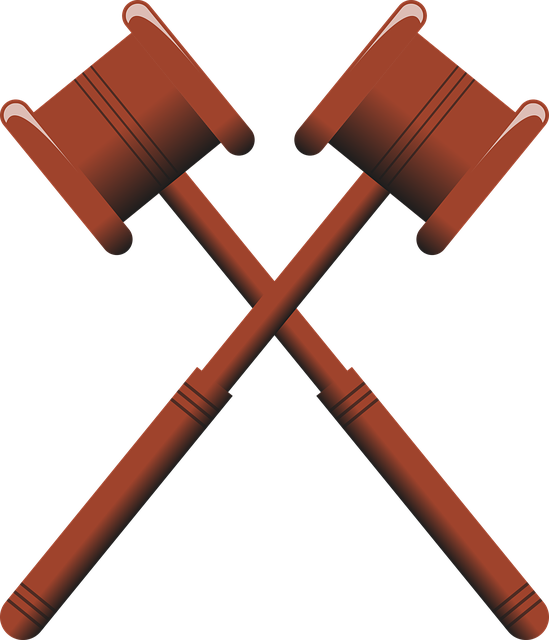Wrongful death lawsuits offer justice and financial support for families affected by premature deaths caused by negligence or intentional acts. These complex cases require timely filing, strong evidence, expert opinions, and legal expertise to navigate statutes of limitations and insurance disputes. Engaging a qualified attorney ensures proper documentation and guides families through the process to secure wrongful death compensation.
“Seeking justice and rightful reimbursement after a tragic loss can be an arduous journey, often fraught with legal complexities. This article delves into the intricate world of wrongful death lawsuits, exploring the challenges individuals face when pursuing compensation. We examine the fundamental aspects, from comprehending legal frameworks to identifying barriers that commonly hinder claims. Additionally, we guide readers through the procedural steps essential for seeking damages, offering a comprehensive overview to navigate this difficult process.”
- Understanding Wrongful Death Lawsuits
- Common Barriers to Compensation Claims
- Navigating Legal Procedures for Damages
Understanding Wrongful Death Lawsuits

Wrongful death lawsuits are a crucial legal mechanism to seek justice and secure wrongful death compensation for families bereaved by the negligent or intentional acts of others. In many jurisdictions, these cases fall under tort law, focusing on civil wrongs rather than criminal offenses. When a person’s life is prematurely cut short due to someone else’s actions, whether it’s caused by defective products, medical negligence, or a fatal accident at work, wrongful death lawsuits aim to hold the responsible party accountable and provide financial support for survivors.
Understanding the legal framework behind these cases is essential. The process involves filing a lawsuit against the alleged wrongdoer within a specified time limit, which varies across jurisdictions. Plaintiffs must present compelling evidence, including medical records, witness testimonies, and expert opinions, to prove their case. Unlike criminal trials, where the burden of proof lies with the prosecution, in wrongful death litigation, it is often on the plaintiff’s family to demonstrate how the defendant’s actions led to their loved one’s demise. This can be particularly challenging in complex cases, such as business litigation or employment disputes, where determining liability requires meticulous investigation and legal acumen.
Common Barriers to Compensation Claims

Many individuals who pursue wrongful death compensation face significant barriers to achieving a favorable outcome. One of the primary challenges is establishing direct causation between the deceased’s death and the alleged negligence or wrongdoing. This often requires complex medical expertise and thorough investigation, especially in cases involving defective products or medical malpractice. The process can be further complicated by the need to meet stringent statutes of limitations, which vary from state to state, and can result in a significant time gap between the incident and the filing of a claim.
Another common impediment is navigating through insurance coverage disputes. Insurers may challenge the validity of claims, question the extent of damages, or even deny liability altogether. In cases involving defective product injuries, for instance, manufacturers’ legal teams often employ sophisticated strategies to shift blame or minimize their responsibility, making it crucial for claimants to have robust evidence and a deep understanding of product liability laws. These barriers underscore the complexity of wrongful death compensation claims and the importance of seeking experienced legal counsel.
Navigating Legal Procedures for Damages

Navigating the legal procedures for wrongful death compensation can be a complex and emotionally taxing process. After losing a loved one due to someone else’s negligence, families must delve into a labyrinthine series of steps to seek justice and redress. This often involves gathering evidence, including medical records, witness statements, and expert opinions, to substantiate their claim. Engaging the services of a qualified personal injury attorney in Miami, FL, is crucial during this phase as they can guide claimants through these intricate legal landscapes, ensuring all necessary documentation is filed accurately and within prescribed timelines.
The process entails filing a wrongful death lawsuit against the responsible party or entity, which could range from an individual driver in a car accident to a nursing home facility accused of neglect leading to serious injuries or fatal outcomes. Legal professionals will argue on behalf of the grieving family, presenting their case before a judge and jury with the aim of securing a settlement or verdict that compensates for the loss, pain, and suffering experienced due to the wrongful death.
Securing wrongful death compensation can be a lengthy and challenging process due to complex legal procedures and common barriers. Understanding wrongful death lawsuits, recognizing potential obstacles like statute of limitations and evidentiary requirements, and navigating the legal system are crucial steps towards achieving justice for loss and financial security for affected families. By being informed and proactive, individuals can better navigate these challenges and increase their chances of receiving the rightful wrongful death compensation.






